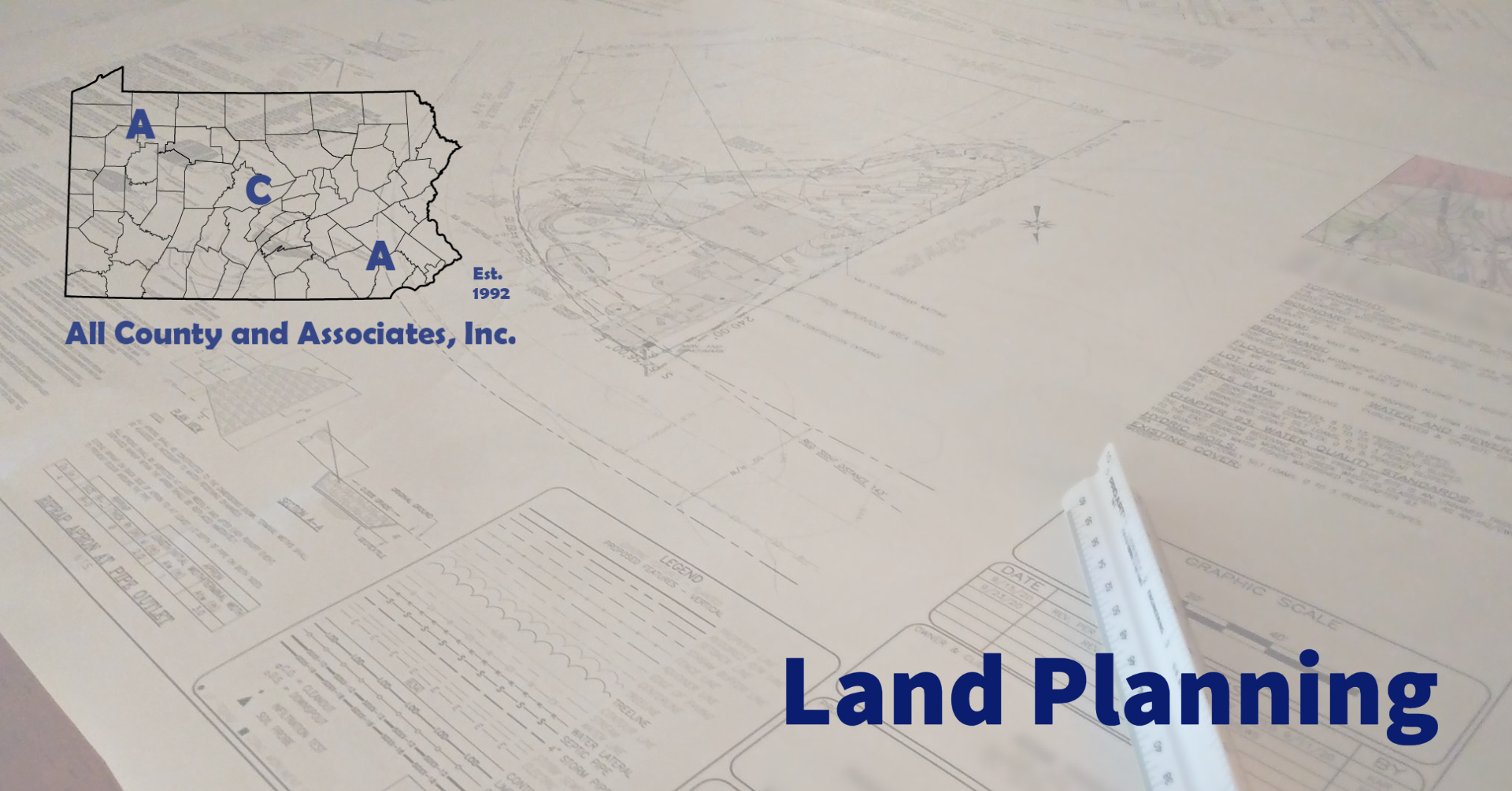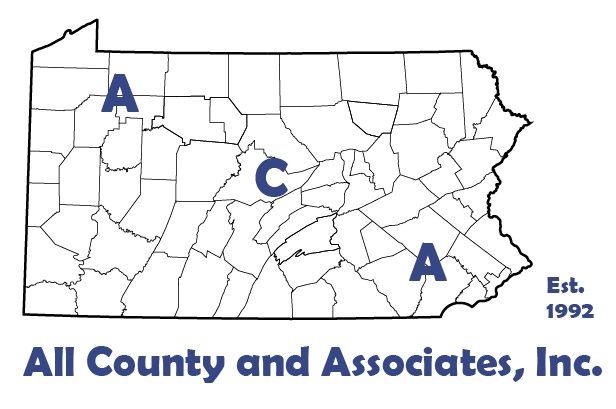
This week, we continue our 7-part series on land planning in Pennsylvania. This week, we introduce the planning commission. These “citizen planners” provide a vital service in land planning.
Planning Commission Introduction
Did you know more than 60% of municipalities in Pennsylvania have a Planning Commission? Actually, fewer municipalities have police departments.
So, what is a Planning Commission? The commission is an appointed advisory board of citizens. As a result, final approval remains with the governing body. The commission’s roles are outline by the MPC. In fact, the only mandatory role is the development of the comprehensive plan. Nevertheless, they take part in many other actions:
- Make recommendations on official maps
- Prepare and recommend amendments to ordinances
- Promote public interest in planning
- Hold public meetings
Series Index:
- Municipal Planning Code and Local Land Use Controls
- Planning Commissions
- Zoning and Zoning Officer
- Zoning Hearing Board
- Special Exceptions, Conditional Uses and Variances
- Subdivision and Land Development
- Agricultural Planning
Organization and Operation
A planning commission has between three and nine members, who serve. Furthermore, each member must be a legal resident of the municipality and serve four-year terms. The terms have staggered end dates. There are limits to the number of municipal employees that can serve on the commission.
The commission elects their own officers. Most have a chairman and vice-chairman. While the secretary is a municipal employee. The officer roles need reappointed annually. So, at the first meeting of each year, the commission will hold a nomination and vote on the roles. Additionally, the commission collaborates with other appointed bodies. The commissions will hold regular meetings open to the public. The meeting date and time requires public advertising. Finally, the MPC requires an annual report to the governing body.
Responsibilities
The commission spends the majority of time discussing applications. The township engineer provides a formal review prior to the meeting. In addition, the commission can recommend approval of waivers, from the SALDO. Whereas, issues with conforming to the zoning ordinance, must go to the Zoning Hearing Board. Once the comments are address, the commission recommends approval to the governing body.
A growing element of planning, relates to stormwater management. In fact, Pennsylvania Act 167 developed the boilerplate for a larger number of these ordinances. This Act set the standards based on watersheds. Furthermore, the ordinances include requirements for local and state project reviews. The goal is to improve the water quality and return it to the levels from before development began. As such, these ordinances will include decreased runoff rates and increase groundwater recharge.
Finally, like stormwater management, the commission develops ordinances on floodplain management. The goal is to prevent endangering of life, flooding, and damage property. Per FEMA, each state and municipality must have floodplain regulations. These regulations allow the citizens to take part in flood insurance programs.
Who is ACA?
Started in 1992 and located in Chester County, PA ACA has grown to become a full-service civil engineering firm. Today, we merge professional services with practical knowledge for residential and commercial projects. No matter the scale, from installing a fence, to building a structure or developing land, you need permits. Because the approval process includes many permits and agencies, it can be a headache. Working with ACA’s full-service team saves you time, money, and headaches. Every step of the way, we are here to support you and educate you about the process. Here are some of the basic services we provide:
Construction Management | Civil Engineering | Environmental Permitting | Septic System Testing and Design | Land Surveying | Wetland Delineations and Mitigation
Please feel free to browse our website or if working on a project or need help, contact us at (610) 469-3830.
Also, join the conversation on: Facebook | LinkedIn
